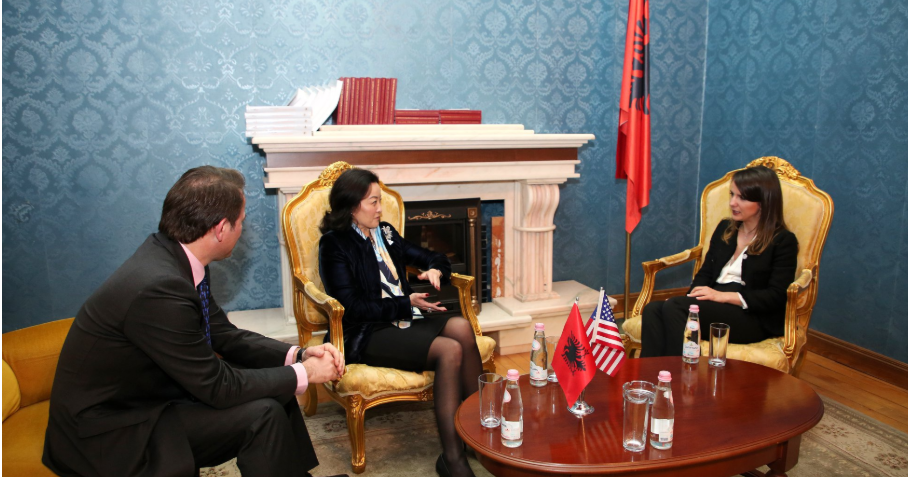Yesterday evening, an agreement was reached on Electoral Reform after several days of negotiations between the parties at the residence of the US Ambassador in Tirana.
The parties agreed on 12 points:
- Electronic identification: ODIHR recommends gradual introduction and has suggested in comments to the Council that any transition to electronic identification, voting or counting, should start with a pilot program consisting of no more than 20% of the voters suggested by the Council.
- The CEC will have a deputy commissioner who will be in charge of determining the viability and implementation of the biometric identification of voters.
- The structure of the CEC will consist of five regular members, appeals( five members), an executive and a deputy executive officer. Members will be agreed in majority-minority proportion in the regulatory and appeals bodies. The state commissioner will be elected through consultations.
- Counting groups: Two groups of non-political officials, one counting and the other assists and switching roles with each ballot box. The other members will be either two observers, one from the government and one from the opposition, or one observer from each of the four main parliamentary parties from the 2017 elections.
- Voting centers: Two members of the commission whose rights and responsibilities are limited and monitoring and consisting rights from the government and the opposition, and three appointed by lottery by the CEC, whom only one will act as chairman and make decisions. Two others will serve as assistants, without the right to vote.
- ZEZ shall be the same structure as the polling station
- The electoral college shall be elected by the judges who have passed the vetting process.
- Appeal process: The Electoral College hearing the appeals remains unchanged
- Depoliticization: No changes will be made for the upcoming parliamentary and local elections. Public sector employees will be eligible to be part of the electoral administration elections following the next elections. The ongoing administrative reform in Albania will further enchance its focus on depoliticization the public service.
- Adaptation: All the agreed proposals will be drafted in legal amendments that will be re-evaluated and controlled by the Political Council to properly reflect the agreement before passing parliament, without further changes or amendments.
- Additional measures: The Political Council will continue to discuss in good faith and strive to reach mutually solutions on ODIHR regarding: vote buying, pressure on voters and the administration, misuse of the administration, collusion with criminal groups, vote freedom and secrecy and manipulation and falsification of electoral results.
- Entry into force: Points 1,2,3 7,8,9, 10 and 11 above and the notes below enter into force for the incoming parliamentary and local elections. Points 4,5,6 above enter into force after the next parliamentary and local elections.
Note: The proposal for caretaker government and caretaker police will not constitute a condition for the approval and adaption of the above. There was no consensus on changing the system.
Meanwhile, members of the parliamentary opposition will go to the residence of Ambassador Yuri Kim this morning./abcnews.al














